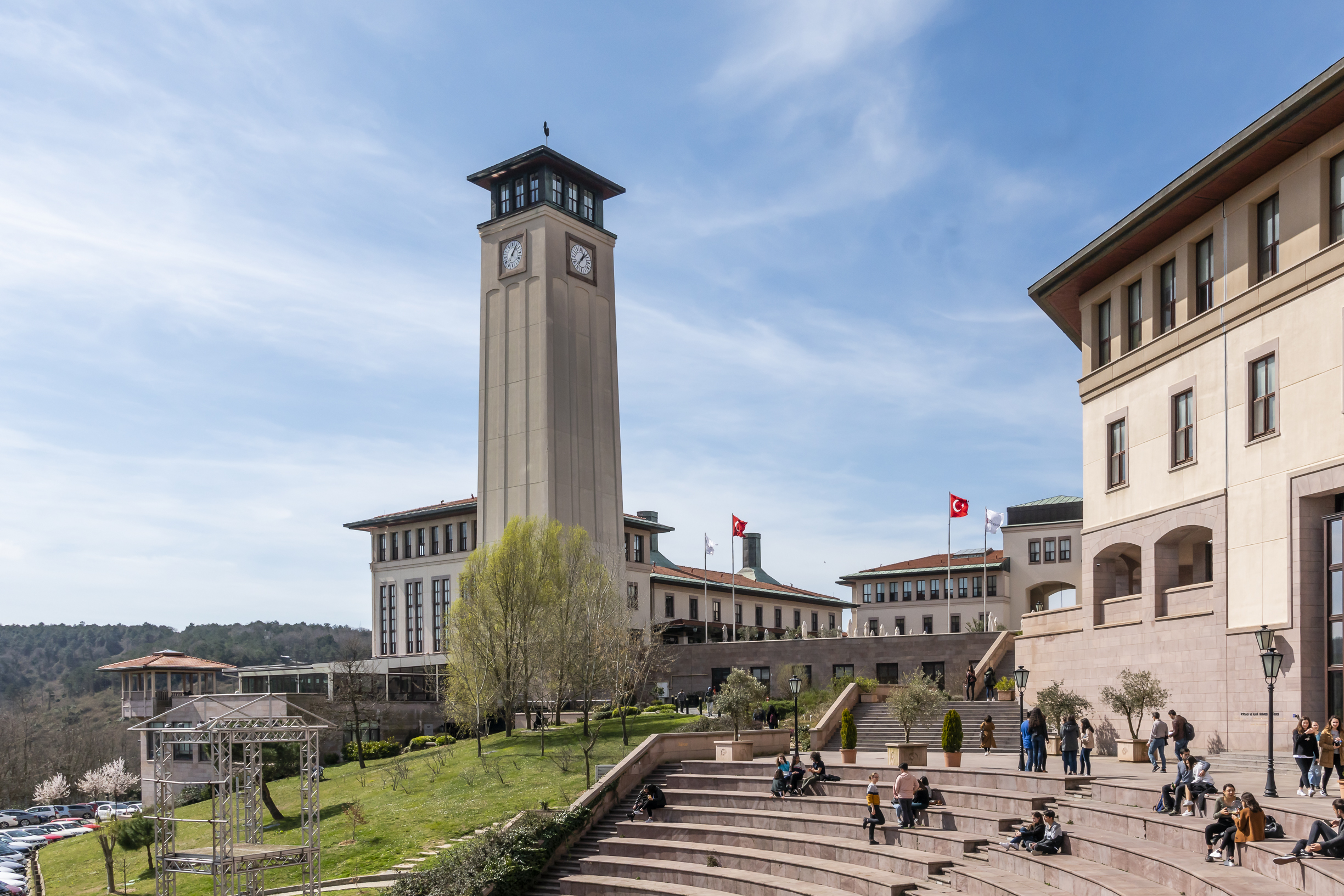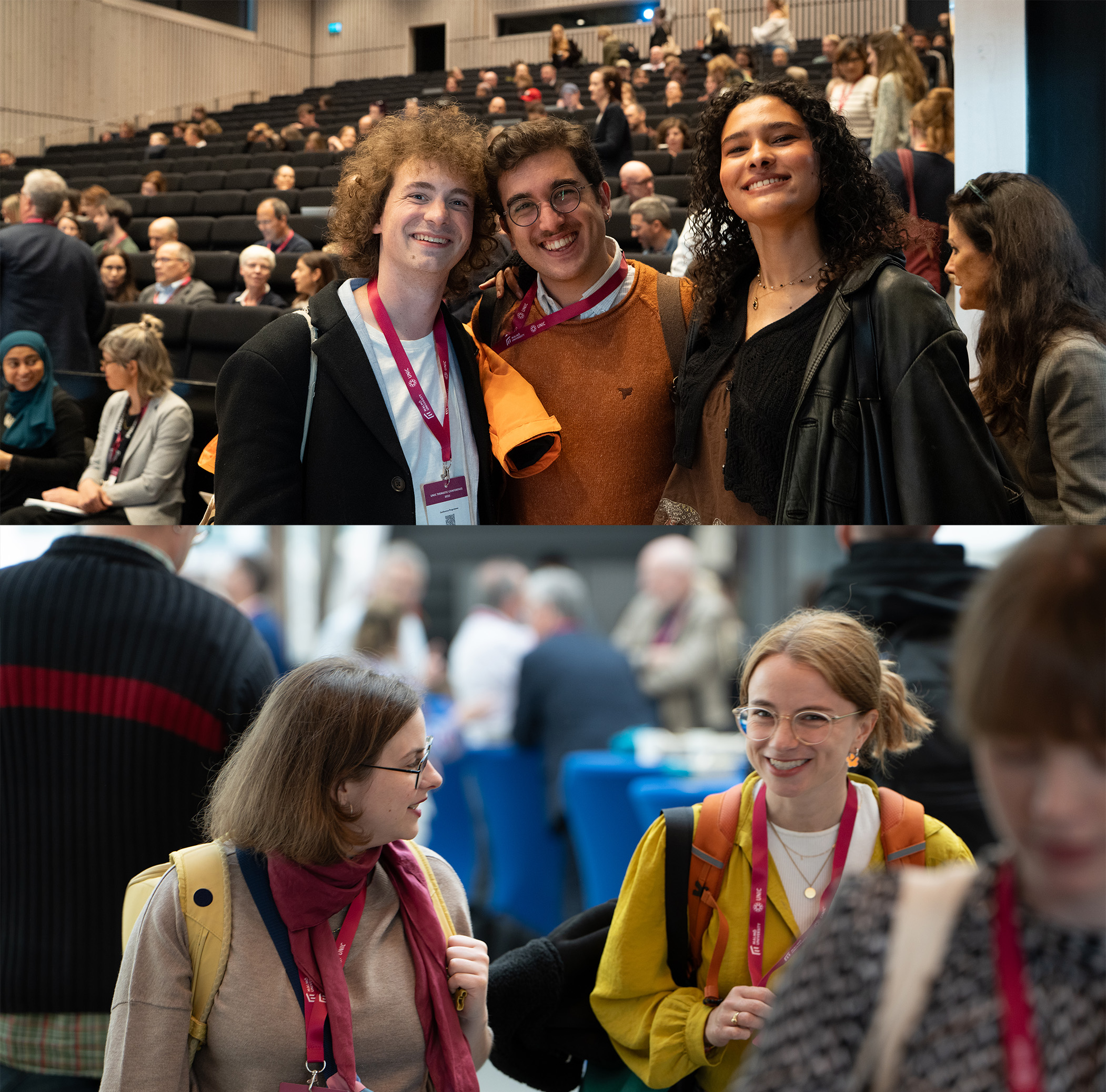The UNIC website uses cookies to improve your experience. Read our full Cookie Policy here.
The 2nd UNIC Thematic Conference titled Institutions in Transition: Justice, Security, and Well-Being in Post-Industrial Cities, will be hosted by Koç University from 17 to 19 June 2026.
Within the context of post-industrial urban transformations, the conference examines how institutions strive to respond to the challenges of growing socio-spatial inequalities, uneven access to health and social care, and the pressures of governing increasingly diverse and superdiverse urban populations, including how everyday encounters with institutions in clinics, schools, welfare offices, neighborhood councils, streets, platforms, and housing systems shape well-being and belonging. From local administrations and public health providers to universities, schools, and civil society organizations, institutions play a critical role in shaping how cities address disparities between neighborhoods, ensure democratic participation in local decision-making, and foster collective well-being.
By focusing on the interplay between institutions and urban change, the conference seeks to explore how institutions can adapt to shifting urban realities and manage tensions between inclusion and exclusion. It aims to foster dialogue on how different actors and governance levels respond to these challenges, and how collaborative and innovative approaches can support urban futures that promote equity and well-being. The event will bring together scholars, policymakers, and practitioners to advance transdisciplinary approaches, co-creative methodologies, and policy-relevant research.




Superdiversity serves as a transversal lens across all thematic streams, emphasizing the multiplicity of differences—ethnic, linguistic, legal, socio-economic, gendered, and cognitive—that shape contemporary urban life.
This theme invites critical engagement with how institutions, policies, and communities respond to complexity and foster inclusive environments in education, health, justice, and urban governance. We encourage contributions that trace how everyday administrative and digital practices (registration, triage, eligibility, platform access) produce or mitigate exclusion for differently positioned residents.
1. Urban Belonging and the Right to the City
• Right to the City and Spatial Justice2. Intersectionality and Institutional Inclusion
• Access, Exclusion, and Discrimination in Health, Justice, and Education1. Innovative Methods of Teaching and Learning
Submissions in this strand focus on novel teaching approaches, curriculum design, experiential learning, and strategies that promote inclusion, engagement, and critical thinking in higher education and urban studies contexts relevant to the themes of the conference.
2. Transdisciplinary Engaged Research
This strand highlights research that crosses disciplinary boundaries and actively involves governments, city organisations, other societal stakeholders, including communities, and civil society. Submissions may feature participatory methods, co-created knowledge, and policy-relevant research with tangible social impact.
If relevant, please indicate the relevant strand in the submission form to ensure your work is considered in the appropriate context.
We invite proposals, from scholars, independent researchers, students, civil society actors, practitioners and policymakers. Submissions may include individual papers, thematic panels, workshops, roundtables, book talks and special issue presentations. Both theoretical and empirical work are welcome from applicants at all stages of their career.